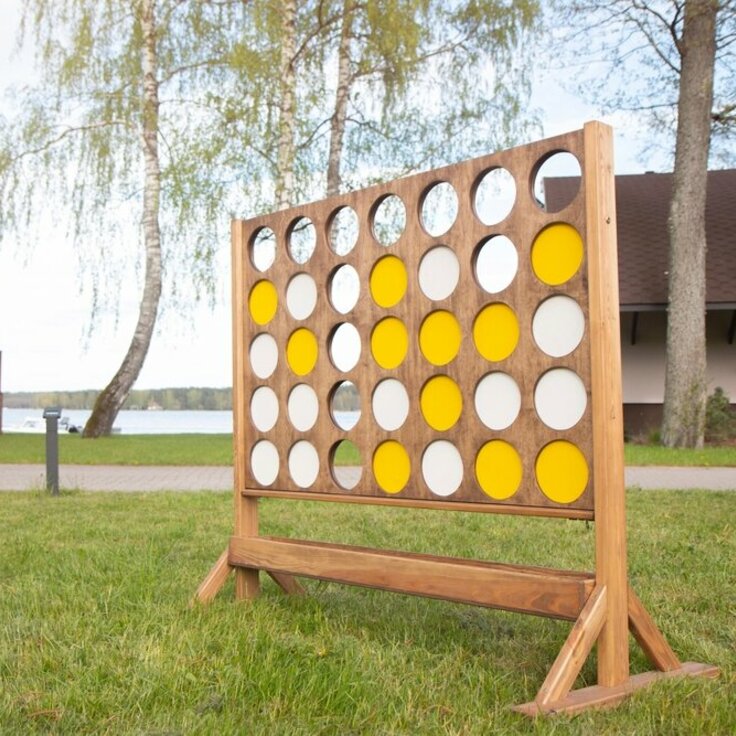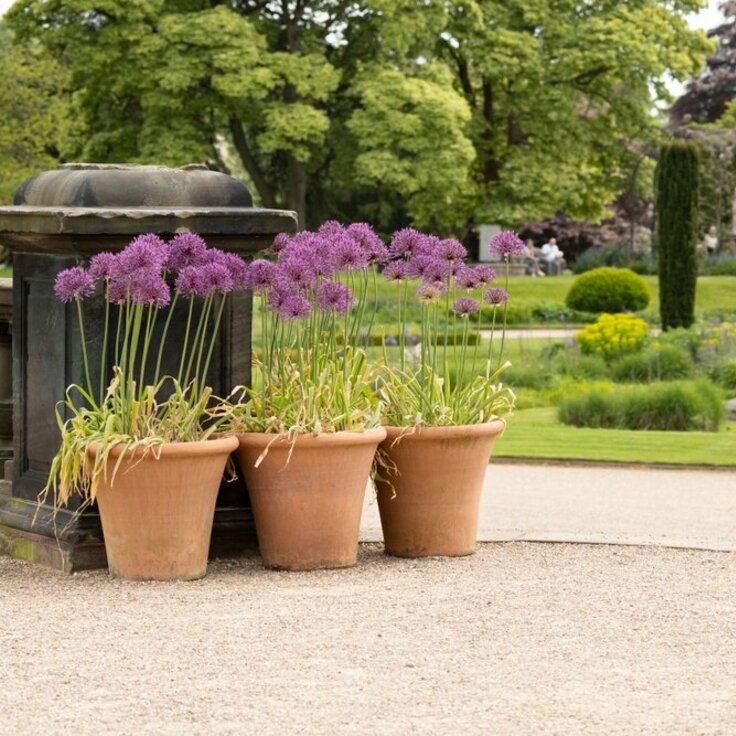Sustainability in Garden Furniture: A Holistic Approach
In the realm of garden furniture, sustainability transcends mere environmental consciousness; it embodies a commitment to ethical production and responsible resourcing. Sustainable garden furniture seeks to strike a balance between aesthetics, functionality, and the preservation of our planet. It entails making mindful choices from the materials used to the production processes employed, promoting a harmonious coexistence between nature and human comfort.
Materials and origin
Choosing the right materials for garden furniture is pivotal in achieving sustainability. Recycled wood, bamboo, and repurposed plastic stand out as prime examples. These materials not only reduce the demand for fresh resources but also divert waste from landfills. Delving deeper, understanding the origins of these materials becomes crucial. Responsible sourcing ensures that the ecological impact is minimised, safeguarding the delicate balance of ecosystems and habitats that these materials are derived from.
Production processes and ecological responsibility
The methods employed in manufacturing play a pivotal role in determining the ecological footprint of garden furniture. Adopting eco-friendly production processes, such as low-energy manufacturing and waste reduction techniques, is essential. Embracing ecological responsibility goes beyond the finished product; it entails considering the entire lifecycle, from raw material extraction to end-of-life disposal. Ethical production practices, such as fair labour conditions, contribute to the overall sustainability ethos.
Sustainable design and functionality
Sustainable garden furniture goes beyond being an eco-conscious choice; it seamlessly blends innovative design with functionality. Manufacturers are exploring creative designs that not only enhance the aesthetic appeal of outdoor spaces but also prioritise comfort and user-friendliness. This approach challenges the misconception that sustainability compromises style or convenience, showcasing that an eco-friendly choice can be both trendy and practical.
Lifespan and maintenance
One of the defining features of sustainable garden furniture is its extended lifespan. The durability of materials used, coupled with thoughtful design, ensures that these pieces withstand the test of time. Maintenance tips for these pieces often involve simple, eco-friendly practices, contributing to their long-term sustainability. By investing in furniture with a lasting impact, consumers actively participate in reducing the overall environmental burden associated with frequent replacements and disposals.
Sustainable garden furniture is an embodiment of conscientious choices across various facets – from materials and production to design and maintenance. By embracing sustainability in our outdoor spaces, we not only contribute to environmental conservation but also champion ethical practices in the realm of furniture production. The allure of a lush, green garden can now be complemented by the knowledge that every piece of furniture within it reflects a commitment to a more sustainable and harmonious world.








